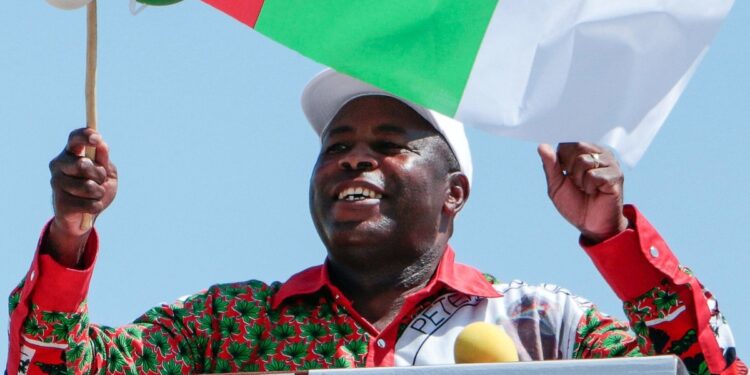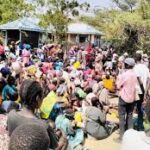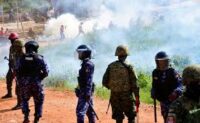Burundi’s ruling party, CNDD-FDD, has claimed a complete victory in the country’s parliamentary election, securing all 100 contested seats in a vote widely condemned by opposition groups and human rights organizations. According to provisional results announced by the electoral commission head Prosper Ntahorwamiye, the CNDD-FDD received more than 96% of the vote across all provinces. The opposition Uprona party trailed far behind with just over 1%, while the main opposition party, the National Congress for Liberty (CNL), garnered only 0.6%.
Opposition leaders have accused the ruling party of rigging the election and silencing dissent. Olivier Nkurunziza, leader of Uprona, told AFP that the election marked the death of democracy in Burundi. Human Rights Watch echoed these concerns, stating that the election reflects how democracy has been “hollowed out” in the country. The organization accused the CNDD-FDD, which has ruled since 2005, of systematically dismantling meaningful political opposition and stifling free expression through intimidation and harassment.
Further criticism has been leveled at the African Union for praising the polls as peaceful and transparent, despite reports that election observers, including those from the Catholic Church, were denied access to some polling stations. While the electoral commission acknowledged “some minor irregularities,” Ntahorwamiye insisted that these had been addressed and did not affect the overall outcome.
The political climate following the election has been notably subdued, with little public celebration in the capital, Bujumbura. According to Burundi’s post-conflict Arusha Accords, the ethnic composition of parliament must reflect the country’s Hutu, Tutsi, and Twa populations. As a result, the electoral commission announced the creation of 11 additional seats to ensure ethnic balance, bringing the total number of MPs to 111. The Constitutional Court is expected to certify and finalize the results by June 20.














Leave a comment